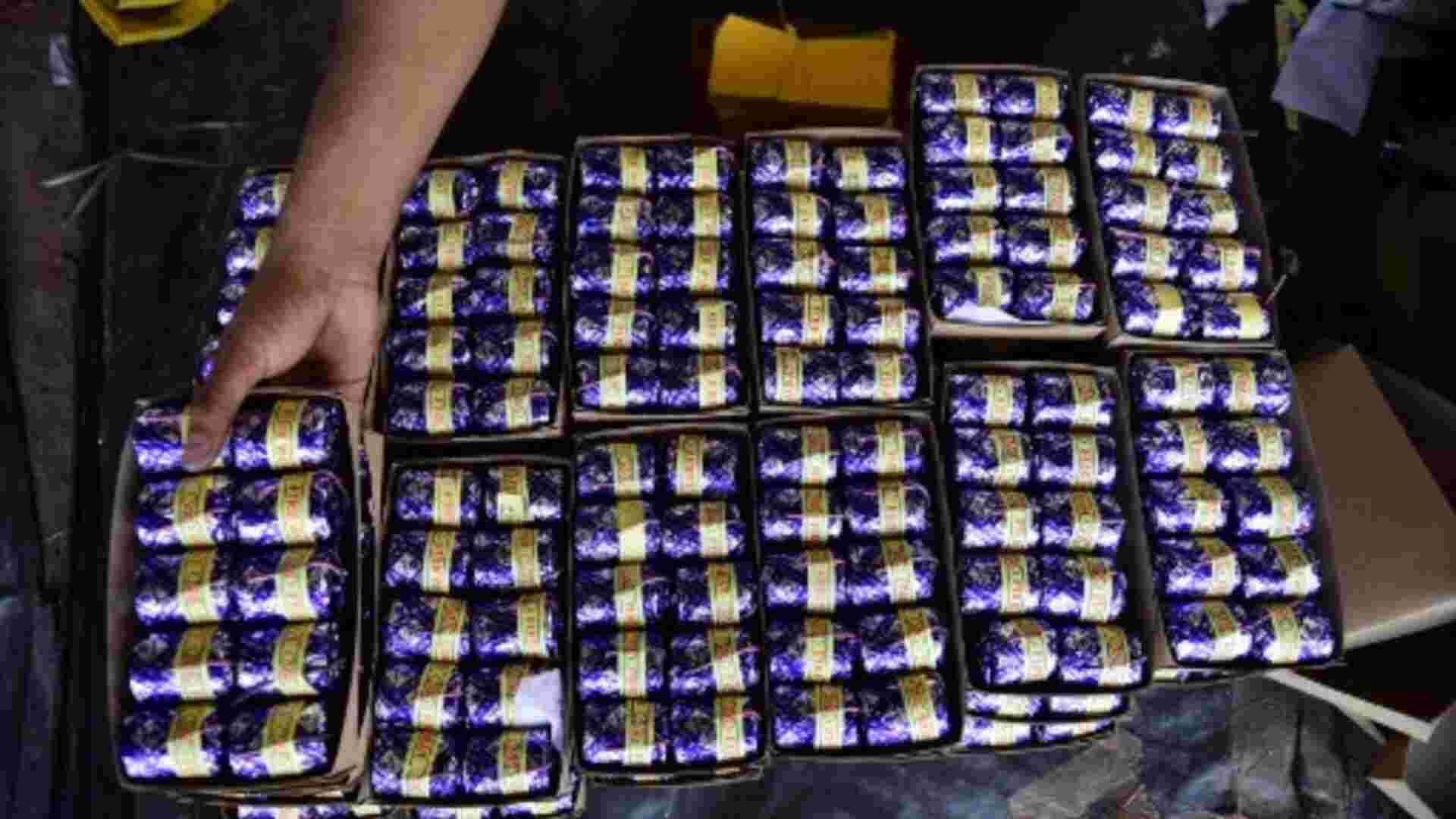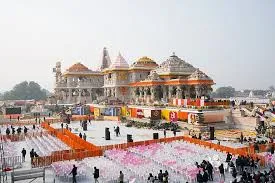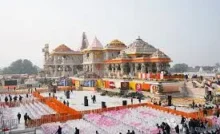As the national capital prepares for Diwali celebrations, the Delhi government has intensified its efforts to combat pollution through various measures, including a total ban on firecrackers. So far, 79 cases related to the sale and storage of firecrackers have been registered, and 19,005 kg of firecrackers have been seized. “79 cases related to the sale and storage of firecrackers have been registered and approximately 19,005 kg of firecrackers have been seized so far,” stated Delhi Environment Minister Gopal Rai’s Office.
To ensure effective enforcement of the firecracker ban, 77 teams from the Revenue Department and 300 teams from Delhi Police have been mobilized across the city. Minister Gopal Rai reviewed the enforcement of the firecracker ban during a high-level meeting at the Delhi Secretariat on Tuesday. He instructed the Delhi Police to hold meetings with Resident Welfare Associations (RWAs), market associations, and religious committees to raise public awareness.
Earlier on Monday, Gopal Rai launched the ‘Diya Jalao, Patake Nahi’ campaign, urging the public to avoid firecrackers to help control pollution. The AAP leader inaugurated the campaign by lighting diyas at the Babarpur Bus Terminal, stating, “Collective efforts from the public are essential to controlling pollution.” He encouraged Delhi residents to celebrate Diwali with diyas, explaining that the campaign aims to both discourage firecrackers and promote the use of diyas.
Meanwhile, a thin layer of smog enveloped the National Capital on Tuesday, with parts of Delhi experiencing air quality classified as ‘very poor.’ An Air Quality Index (AQI) of over 300 was recorded around 7:00 am, according to the Central Pollution Control Board (CPCB). At Anand Vihar, the AQI reached 317 at 7:00 am, while Aya Nagar recorded an AQI of 312, both falling under the ‘very poor’ category. Jahangirpuri also experienced a high AQI of 308. In contrast, the air quality at Chandni Chowk was better, registering at 191, which is considered ‘moderate.’
Also Read: Jambhala: The Buddhist Incarnation Of Kubera, The Hindu Deity Of Prosperity










